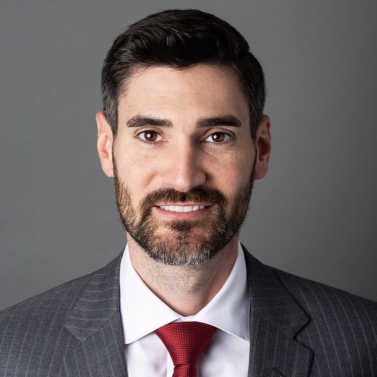If you suffer a brain injury from an accident, how can you recover compensation for diminished work life expectancy?
Compensation Depends on Three Professional Opinions
If someone suffers a brain injury, they may be entitled to compensation for a diminished work-life expectancy. However, it will likely require three expert witnesses, which makes making such a claim expensive and, therefore, worthwhile only when the evidence is strong and the potential significant.
● First, a medical doctor would have to testify and describe the limitations the person struggles with, such as memory, cognition, and emotional issues. The doctor would also have to testify that those issues are permanent or, instead, how long they will last.
● Second, a vocational rehabilitation expert would have to testify that the medical issues limit the person’s ability to work in their chosen field based on the skills and duties of that field and how long the person would normally have worked in that field. The vocational rehabilitation expert would then testify as to what fields, if any, are available to the person in light of their brain injury.
● Third, an economist would calculate how much income the person would have made had they not had the injury and how much they are making now (or will make) in one of the fields still open to them. The economist will also reduce those damages to their present value so that a jury has a number to award the plaintiff if it is persuaded by the evidence.
Another factor to consider is life expectancy. A person may be able to continue working, but their injury may shorten their life expectancy. If so, the calculation of their lost income will have to include the fact that they will work for fewer years as a result of their injury. Again, this can happen both if they can continue in their pre-injury job or if they have to change jobs.
Each of these steps can be complicated, but they are what needs to be done to claim lost future income due to a diminished work life expectancy.
Consult a Medical Expert and an Attorney
When you have a serious TBI, whether you [are compensated] your diminished work life and how much depends upon two major factors.
-
● First, was it caused by someone else’s negligence?
● Second, is there substantial insurance or a liable corporate defendant with significant resources to pay a judgment?
If the answer to both of these questions is “yes,” then you can hire a qualified personal injury lawyer who handles catastrophic injuries to pursue damages, including a diminished earning capacity claim.
A diminished earning capacity claim requires that a qualified medical expert evaluate your injuries and their effect on your ability to do your job. If you have a current limitation, then that can be calculated as a loss using an economic expert to calculate the present value of the future earnings loss. If you are currently able to work at the same capacity as prior to your injury, it is much more difficult.
Most courts will sustain a speculative objection and grant a Daubert challenge if you are trying to calculate a specific amount of future loss but no medical professional has testified that the work reduction you are proposing is likely to happen, within reasonable medical probability.
Sometimes, the best thing you can do is have a medical expert discuss the likelihood of future issues such as a 1.25% increase in the risk of developing dementia. Additionally, there is a 50% higher chance of seizures developing. These kinds of factors are relevant to calculating a person’s future emotional distress, loss of enjoyment of life and future earning capacity.

Paul H. Cannon
Seek an Accurate Diagnosis From a Reputable Physician
One of the keys to receiving compensation for any injury–including a head injury–is getting an accurate diagnosis from a reputable physician. Suppose you can document that your head injury led to ongoing chronic symptoms and decreased ability to perform at work. You should be able to receive compensation.
One designation that is incredibly useful in these cases is a formal federal disability diagnosis. This will bring the Americans with Disabilities Act into play, providing you with abundant legal protections and also help your case for damages.
One important caveat here: Disability income is tightly regulated in the United States, and one of the key regulations is that people with disability income are not allowed to have much in the way of net worth without losing that income. In a case where you’re suing someone for damages or other compensation like this, you can either get a payout or disability income, but you probably can’t get both.
File a Personal Injury Lawsuit
If you suffer a brain injury from an accident, you may be entitled to compensation for diminished work life expectancy. Work-life expectancy is a measure of the number of years an individual is expected to work based on their age, education, skills, and other factors. When a brain injury affects an individual’s ability to work, it can have a significant impact on their work-life expectancy and future earning potential.
To recover compensation for diminished work-life expectancy, you may need to file a personal injury lawsuit or claim against the party responsible for your brain injury. To prove that your work life expectancy has been diminished, you may need to provide evidence such as medical reports, vocational assessments, and expert testimony.
The compensation you may be entitled to for diminished work life expectancy can vary depending on the severity of your brain injury and the impact it has on your ability to work. Factors such as your age, occupation, and future earning potential may also be taken into consideration.
It’s important to consult with a qualified personal injury attorney who has experience handling brain injury cases. An attorney can help you understand your legal options and guide you through the process of seeking compensation for your brain injury, including compensation for diminished work-life expectancy. They can also help you gather the necessary evidence and build a strong case to maximize your chances of recovering the compensation you deserve.
This is a crowdsourced article. Contributors' statements do not necessarily reflect the opinion of this website, other people, businesses, or other contributors.



